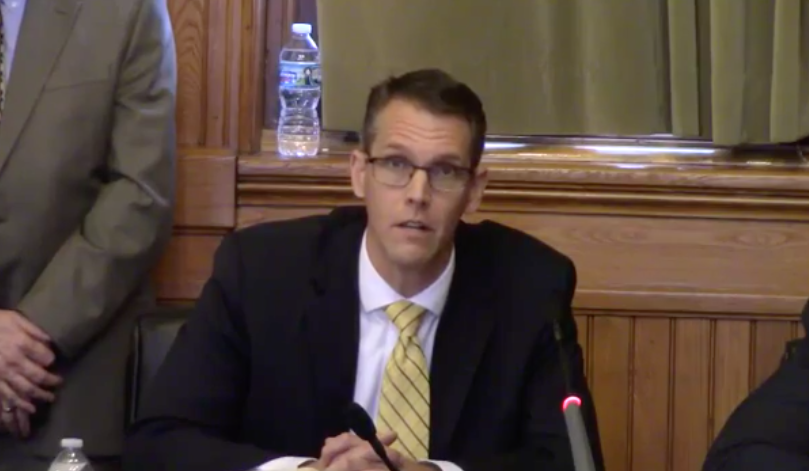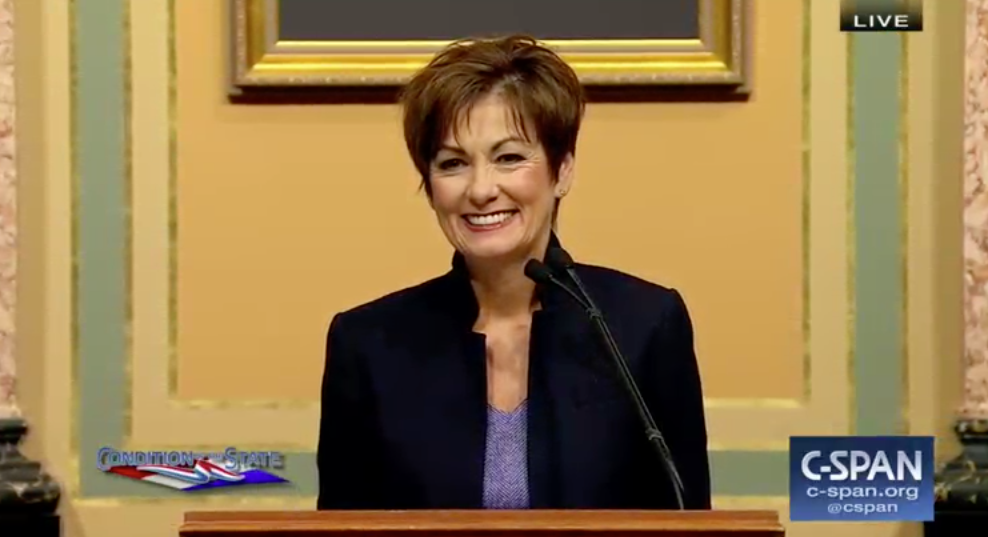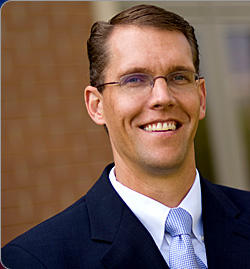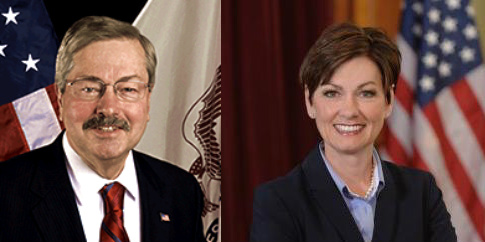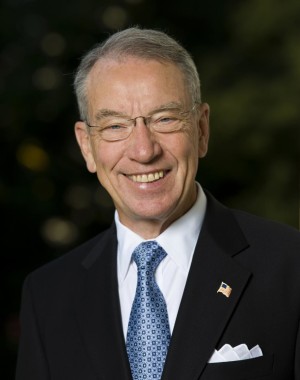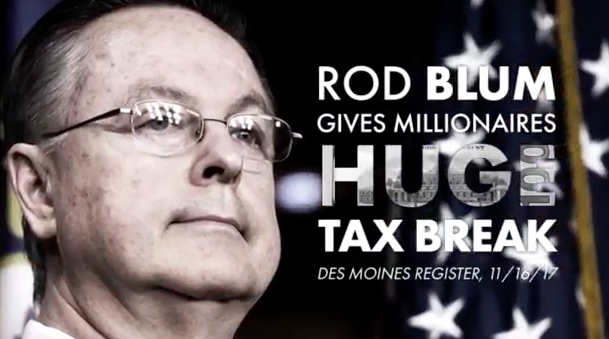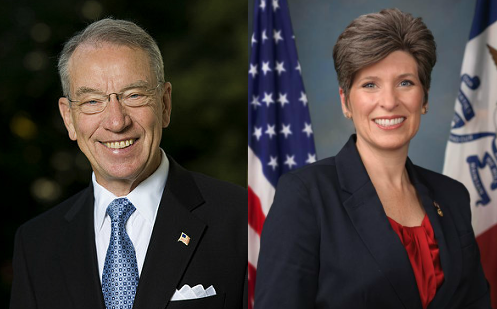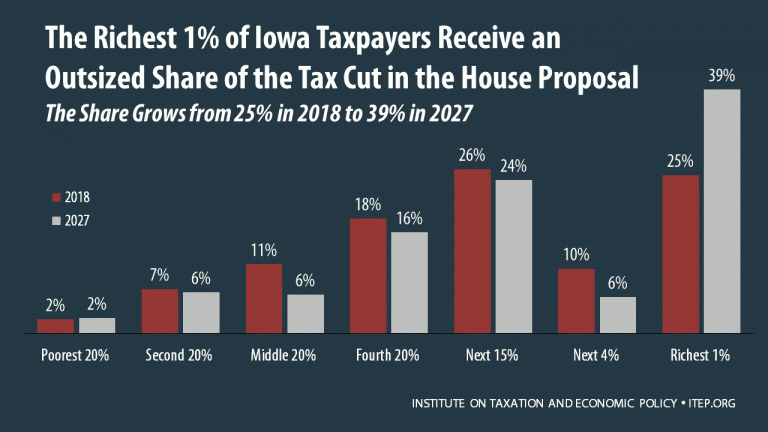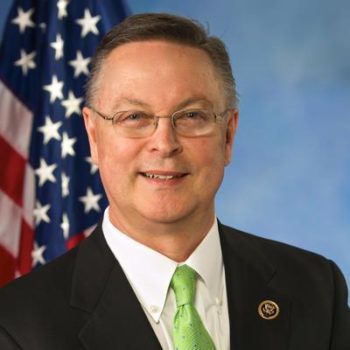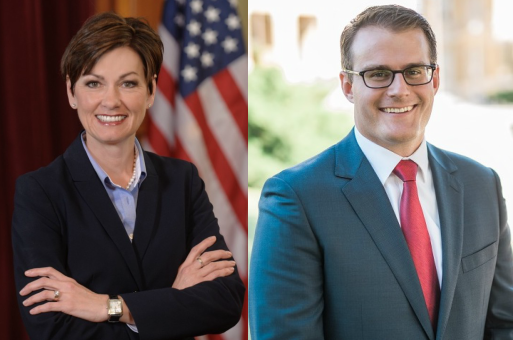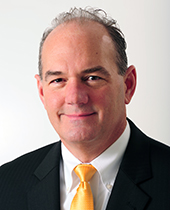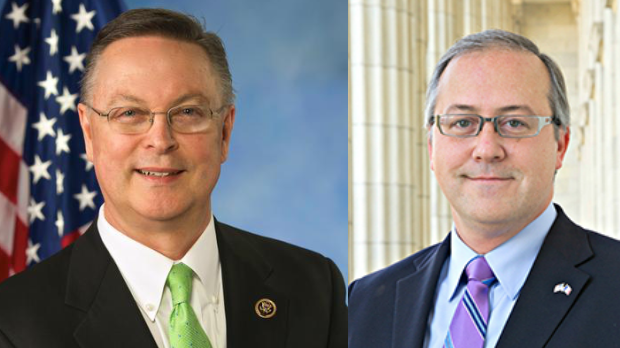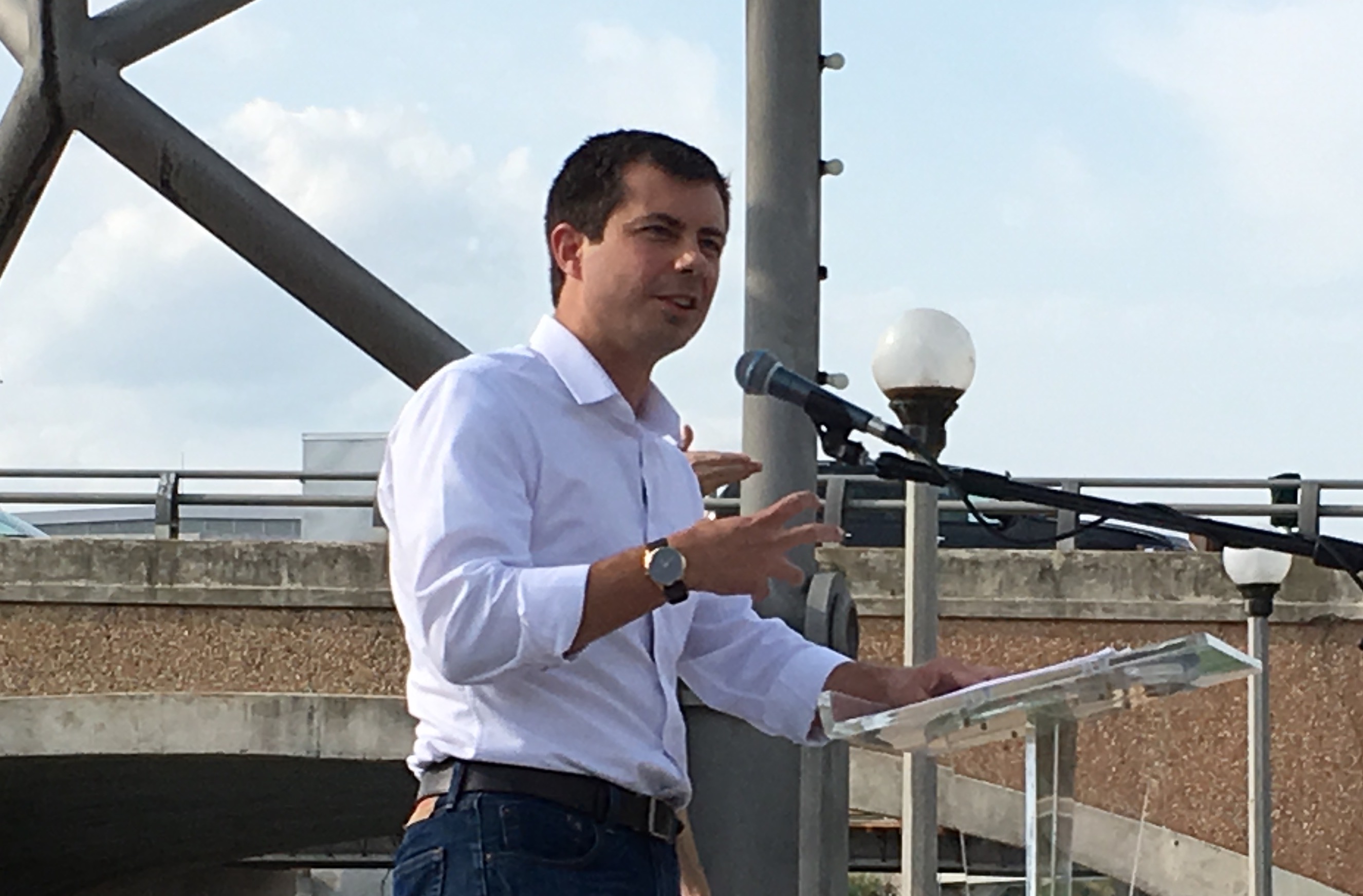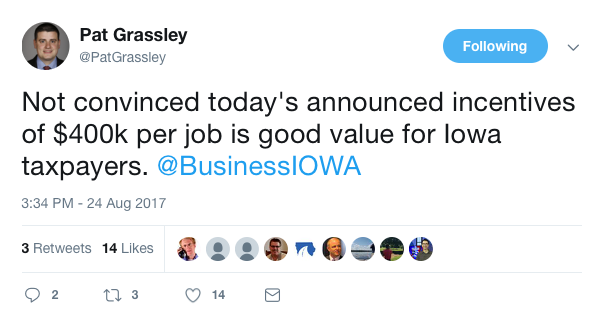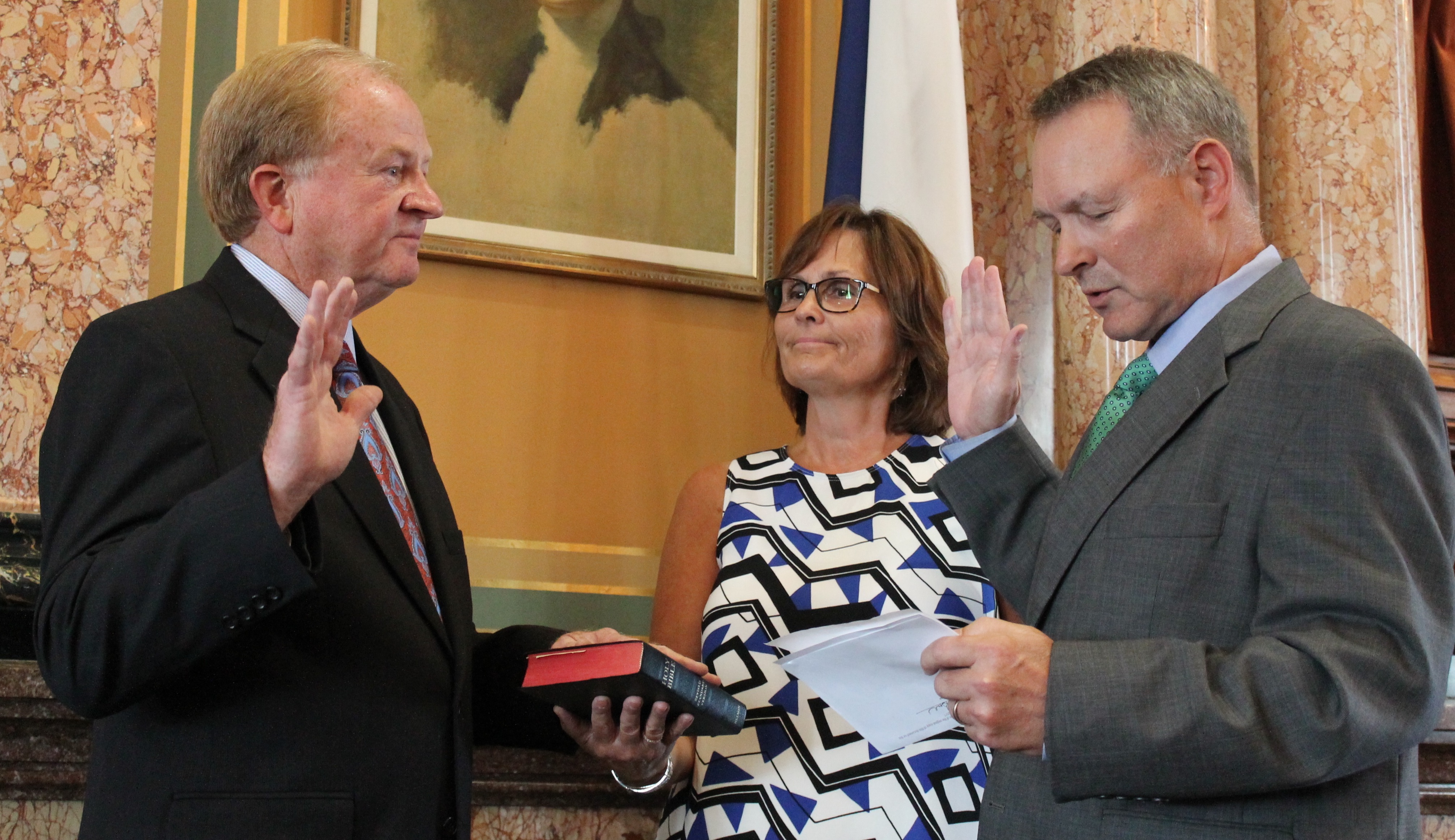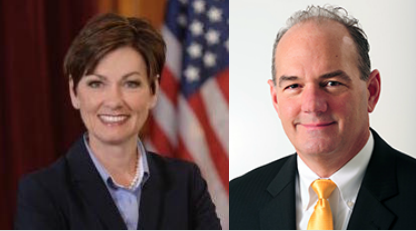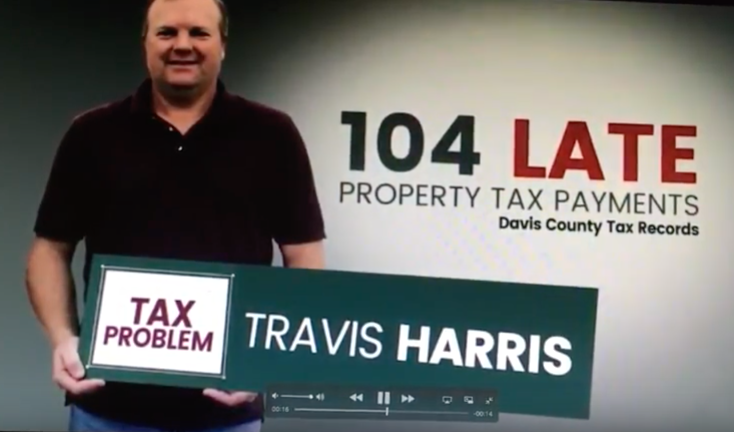A government that does not provide adequate services is more regressive than a sales tax, writes Des Moines City Council member Josh Mandelbaum in this case for Polk County residents to support the measure on the March 6 ballot. -promoted by desmoinesdem
There is a cliché that the start of one’s term in public service is like drinking from a fire hose. My experience the last few months definitely shows the merit of the cliché. More comes at you quickly than you can possibly absorb. The budget is a perfect example of this, but in the case of the budget, I don’t have the luxury of time because local budgets must be certified by the end of March. I want to share with all of you some of what I have learned.
In examining the budget, one thing becomes clear quickly: the city will not be able to maintain its current service levels without new revenue or significant increases in property taxes.


